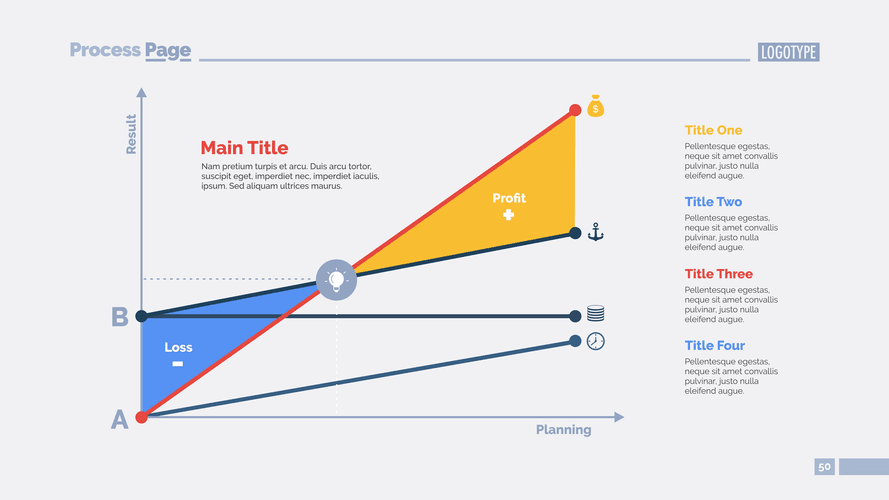
At this point, it is pretty obvious that in the fast-paced world of real estate, proper bookkeeping is an indispensable tool for success. From financial visibility and compliance with regulations to informed decision-making and efficient property management, the benefits of maintaining accurate financial records are far-reaching. QuickBooks(R) is a well-known accounting software service that businesses use across various industries, including real estate. It handles general business accounting needs, from invoicing and expense tracking to tax preparation and financial reporting. Quickbooks is incredibly flexible and powerful, which can sometimes make things more complicated than they need to be, especially when it comes to rental property finances.
- For property management firms, efficient cost management is crucial for profitability and property value enhancement.
- To improve your real estate accounting practices, start by using specialized accounting software that is tailored for real estate professionals.
- Understanding the aspects of real estate accounting, such as creating a chart of accounts and proper accounting practices, is essential for real estate professionals operating in today’s market.
- Its Lite plan allows you to send unlimited invoices to five clients, track unlimited expenses and sales tax, receive credit card payments and manage your accounting via mobile devices.
- Tax regulations are subject to change based on federal and state amendments.
- Regular reviews ensure that petty cash expenditures are tracked accurately.
- Adapting to these technological advancements is crucial for modern real estate accounting.
The Role of Dedicated Bookkeeping in a Successful Real Estate Business
As a real estate investor himself, he understands the process and the language of bookkeeping for real estate agents the industry. He enjoys working with other investors and passing on his wealth of bookkeeping knowledge. Because real estate bookkeeping is our expertise, we work exclusively with real estate investors, including wholesalers, house flippers, landlords, realtors, and limited partner investors. Real estate professionals should have a professional accountant and bookkeeping system. The right system for your business will show you where and how to increase income and maximize profits.
- Jeff has over 25 years of experience in all segments of the real estate industry including investing, brokerage, residential, commercial, and property management.
- Accurate compliance drives financial transparency and stakeholder trust.
- Free up time in your firm all year by contracting monthly bookkeeping tasks to our platform.
- Accounting standards are set by the nonprofit organization, Financial Accounting Standards Board (FASB).
Year-End Financial Summaries
- This article will walk you through the essential accounting practices every real estate professional needs to master.
- Training sessions offer insights into resource allocation techniques.
- Regular analytics sessions can highlight areas of improvement, growth opportunities, and potential challenges.
- For real estate professionals, managing multiple revenue streams efficiently is crucial.
- Join over 1 million businesses scanning receipts, creating expense reports, and reclaiming multiple hours every week—with Shoeboxed.
- Implementing regular audit checks, streamlining expense tracking, and setting clear financial protocols are essential.
Training sessions can ensure that all team https://www.bookstime.com/ members understand their preparation and implications. Stakeholders rely on balance sheets for investment decisions and understanding a property’s worth. Furthermore, they provide insights into a property’s financial health and sustainability. They analyze financial data to identify trends, patterns, and areas for improvement, helping real estate companies to optimize their operations and make strategic decisions.

The books
Accurate financial data is the cornerstone of informed decision-making. Ensuring this accuracy amidst the complexities of real estate transactions is challenging. Regular audits, reconciliations, and training are crucial for this accuracy. Developers undertake massive projects, from land acquisition to property sales. Development accounting ensures that they remain on budget, optimize resources, and achieve profitability.


Clear protocols cash flow ensure that deposits are handled transparently and ethically. Moreover, regular training sessions can ensure that all team members understand their legal and financial implications. Property valuation is a dynamic process, influenced by various market factors. Real estate accounts must be adept at understanding these variances.
Individual Investors and Portfolio Management
It also requires keeping detailed records of expenses and income related to the property to accurately track financial performance. Implementing efficient accounting software for real estate can greatly benefit business owners agents alike. By utilizing real estate-specific features in bookkeeping software such as QuickBooks, you can easily track expenses, manage cash flow, and analyze profit and loss for property sales. Real estate agents need a system tailored to their unique needs, managing personal and business finances effectively. Real estate-specific features in accounting software help track expenses and stay compliant.